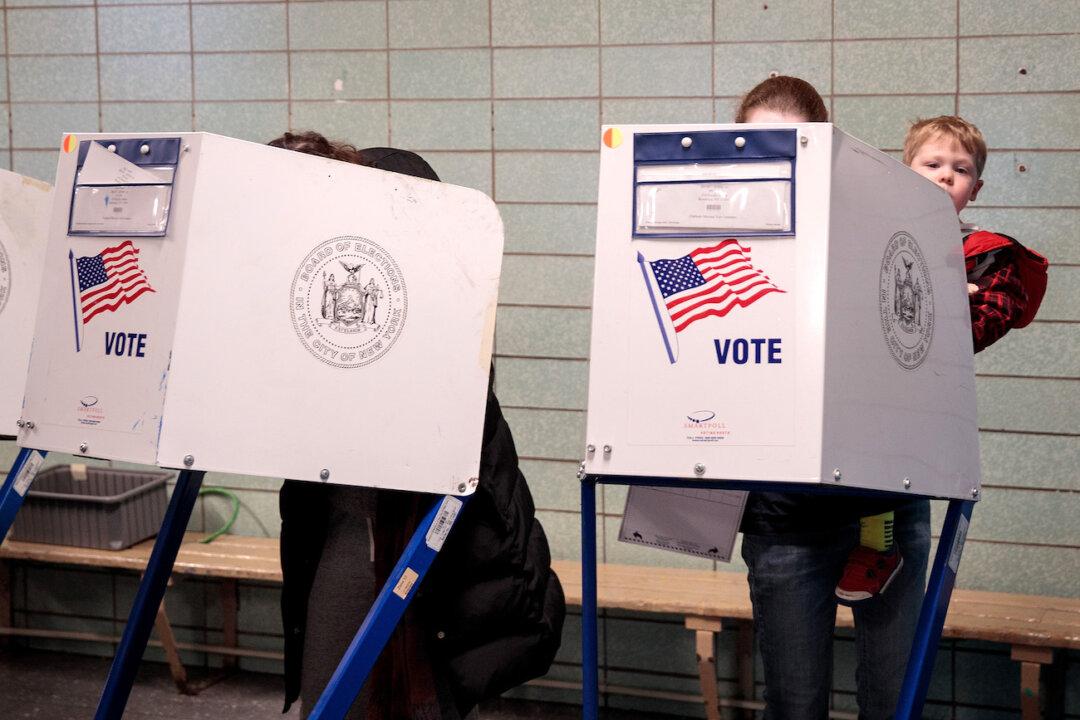A federal appeals court ruled that Florida can bar ex-felons from voting if they owe fines and fees related to their sentences, reversing a lower court’s decision that found the law unconstitutional.
In a 6–4 ruling before the full U.S. Court of Appeals for the 11th Circuit on Sept. 11, the judges sided with Florida Gov. Ron DeSantis, a Republican, who has been defending the state law that required all ex-felons to pay off restitution, court fees, and fines before their voting rights are restored.




